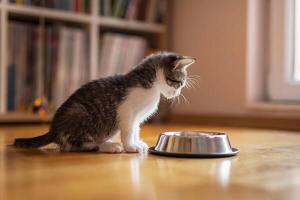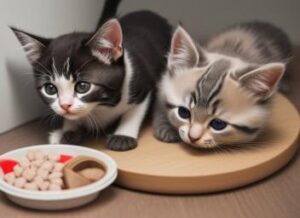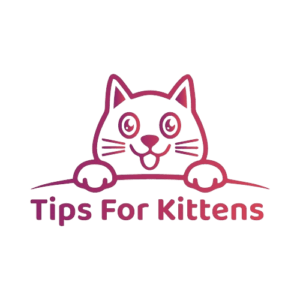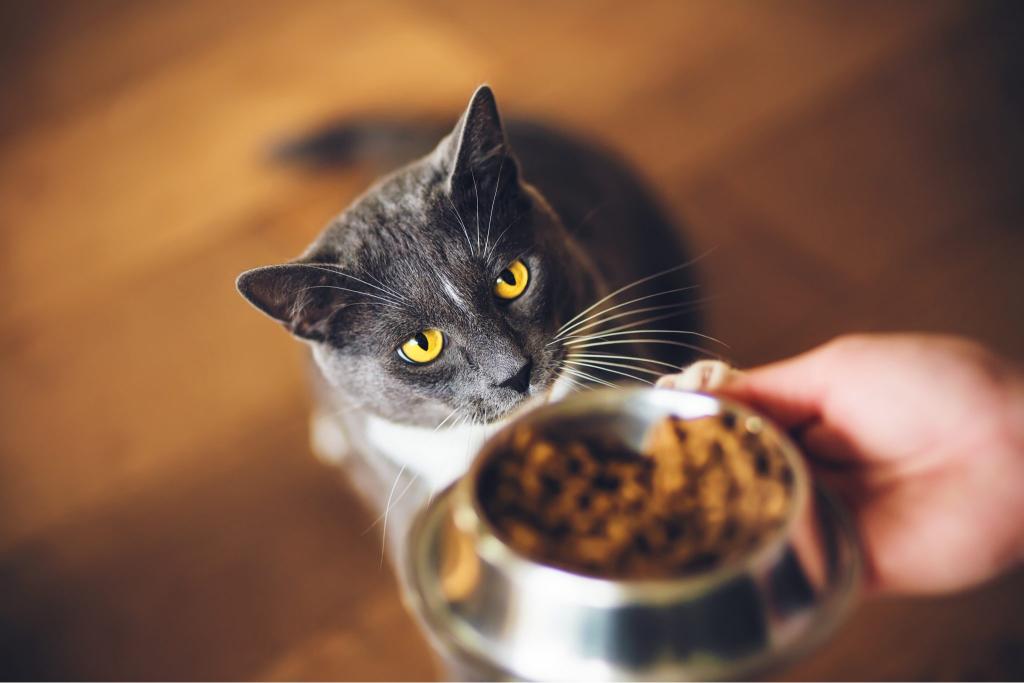Can Kittens have Adult Cat Food? Chances are, if you’re a new kitten owner, one of the first things on your mind is what to feed that little fur ball. We often wonder if kittens can eat adult cat food. Even if you think it is easier to feed them the same food as your adult cats, all cat owners need to know the difference in dietary requirements for kittens and adults.
Also Read: How Long Can Kittens Go Without Food?
Can Kittens have Adult Cat Food?
Kittens are classified as neonates or paediatric, which means they have delicate systems in their bodies because of the critical stage of growth and development. They grow faster than at any other time in life, and their bones are becoming stronger and their immune systems developing. Because of this, they need a diet high in proteins, fats, vitamins, and minerals. Can Kittens have Adult Cat Food is a big question.
Also Read: When Does A Kitten Start Eating Food and Drinking Water?
Higher Protein and Fat Content:
Kittens need more protein and fat than adult cats. Protein is vital for muscle growth, which contributes to normal development in general, while fat contains the energy a growing kitten needs.
Much-Needed Nutrients:
Kittens actually need more of certain nutrients than adult cats, including taurine and DHA (the latter an omega-3 fatty acid important for brain and eye development), plus bone-building vitamins/minerals that make up a strong skeleton/bones/immune system.

Can Kittens have Adult Cat Food: Key Points
Cat food is developed to be suited for cats with different life stages. Kitten food consists mostly of:
An Increased Caloric Requirement because they require more calories per ounce.
Proteins and fats are increased to build bodily growth.
DHA (omega-3 fatty acids) — DHA is the most prominent type of Omega-3 fat in our brains and is essential for cognitive development.
In contrast, adult cat food is for the health of an older cat, and it has all the nutrients perfectly balanced to prevent obesity and ensure overall well-being.
Also Read: Bootle Feeding Kittens for Better Growth – Kittens Feeding
Can Kittens Have Adult Cat Food?
Yes, kittens can technically eat adult cat food—but ideally, they should not. Here’s why:
Adult cat food:
While adult cat food is safe for kittens, it may not provide enough calories or protein. For example, giving a kitten adult cat food can mean that it is not eating enough necessary protein, which will probably result in undernutrition, and the kitten might be prone to illnesses and end up undersized.
Missing Essential Nutrients:
During development, kittens need a number of essential nutrients like DHA and taurine that are only abundant in high-quality kitten food.
Digestive problems:
Adult cat food can be tougher for kittens to digest, which can cause gastrointestinal upset, runny stool, or other digestive issues.

When Should Kittens Switch to Adult Cat Food?
Kittens can typically begin to transition to adult cat food right around their first birthday. But, of course, it can depend on the breed and size. For the largest breeds, such as Maine Coons, you may keep them on kitten food party later at around 18 months of age.
If you do transition feed, make sure to slowly introduce the adult food with kitten food over 1-2 weeks. This will avoid an imbalance in digestion and also give your cat time to adjust to its new food.
Also Read: Best Food for Kittens: A Guide to Nutrition for Growing Cats
Conclusion
Can Kittens have Adult Cat Food? Proper diet is crucial for your kitten’s growth and development. It can be tempting to give them adult cat food for kittens, but that would deprive their little developing bodies of the nutrients they need at this crucial point in time. Your kitten will get the best head start in life with high-quality, nutrition-appropriate food for his first year of life that is made specifically to satisfy both physiologic and metabolic needs and metabolic requirements.
When you feed your kitten correctly you are not just filling up his bowl; you’re laying the foundation for his future health and well-being.

